The effective regulation of the ASM sector remains elusive in many mineral resource-rich African countries. A large body of knowledge and research has been built over the last three decades to understand and find definitive solutions regarding harnessing the potential and impacts of the sector.
AUTHOR: Selina Zhuwarara, mining law expert and consultant
This body of knowledge has been supported by various public and private initiatives attempting to provide policy direction and financial backing to establish effective solutions in the industry; however, it is trite that the sector is not yet under effective control.
The scourge of ASM-related fatalities continues to ravage the sector, and many countries are still battling with illicit minerals trade, environmental degradation, security, health and immigration challenges, as well as social ills related to the growth of the sector. While many mineral-rich countries see their challenges with the ASM sector from a domestic lens, many inter-jurisdictional challenges exist, thus requiring well-coordinated regional/ international strategies to bring about practical impact.
The World Bank has recently published a report titled "Achieving Sustainable and Inclusive Artisanal and Small-Scale Mining (ASM): A Renewed Framework for World Bank Engagement" which made note that the ASM is a major provider of various minerals in the global supply chain with the sector contributing approximately 20% of the global supply of gold, 12% in cobalt, 80% in sapphires, 20% in diamonds and 25% of tantalum and tin supplies. The ASM is a serious contender in the minerals supply chain.
This contribution matrix may even be understated because the sector continues to grow markedly with the economic challenges that have emerged globally post-COVID, climate change impacts, and the shocks of the ever-deteriorating global geopolitical environment.
No one can dispute the growing size and influence of the ASM sector in many mineral resource countries. However, mining regulatory structures have failed to find how the sector can fully formalise; hence, it remains poorly supported, disintegrated and obscure. This obscurity has enabled the illicit component of this sector to thrive and even benefit by clandestinely having their product absorbed in the legitimate mineral supply chain and a robust black market.
It is inevitable to realise that the world has developed a palate for illegal ASM product, and this development has had a significant influence on the political will to deal with the issues in the industry decisively or constructively. For criminal actors, there is a perpetual incentive because they source product at less cost and hassle than those in the legitimate supply chain and thus even unfairly compete with the legitimate supply chain.
The "advantage" these players perceive is short term because if the ASM industry remains unregulated, the damage caused to the environment, life, limb and social coherence will gradually lead to the "tragedy of commons'.
An understanding of the tragedy of commons, in this case, can be gleaned from the writings of Garret Hardin and paraphrased as the tragedy wherein each man is locked into a system that compels him to increase his own interest without limit whilst, in fact, we live in a limited world. In a scenario where all men pursue their own best interests and neglect the impact of unfettered conduct, Hardin postulates that ruin to all is the eventual destination[1].
Resources, man, and the environment all have limits that, when exceeded, can bring irreversible destruction. If the status quo persists, accessing the mineral resources available for ASM extraction will become increasingly impossible because of the sheer damage caused, thus self-extinguishing the opportunity.
The impacts of the ASM sector show that it is no longer just a domestic problem for ASM host countries but is, in fact, a regional and inter-jurisdictional challenge. It has been revealed that the illegal arm of the sector is often funded by foreign players who run well-coordinated operations that may even span across many countries and aggregate the product for onward transmission into the global supply chain.
Illicit mining has also spurred problematic migration patterns; for instance, in South Africa, it has been reported that a large proportion of illegal miners in the ASM sector are from neighbouring countries who enter the country illegally and mine. This phenomenon is not unique to South Africa as the role of foreign players, directly and indirectly, has been cited in many other countries such as Mozambique, Ghana, the Democratic Republic of Congo, Angola etc.
A domestic-centred approach to the regulation of the sector will not adequately solve the extent and nature of the challenges currently posed by the sector. It is crucial to have structured regional response systems that can complement domestic efforts to tackle the various inter-jurisdictional problems that exist.
In the same way that the policy, laws and institutions that govern the large-scale mining sector are standardised and have accepted industry rules, norms and practises, the ASM sector must develop standardised industry practices across regional or economic blocs. The sector must have enhanced inter-jurisdictional cooperation on security, migration and market-related issues.
For this to work, there must be an agreed approach regarding key policy issues on the legality of the sector, licensing, security and market regulation. A region such as the Southern African Development Bloc can benefit immensely from harmonising its approach to the ASM sector by coordinating knowledge, resources and market structures.
The SADC region is home to many strategic ASM products such as lithium, gold, cobalt, and various gems, and it also has a large contingent of artisanal miners. A common approach regarding legitimising the artisanal sector would guarantee certainty and inclusion for ASM players in host nations and reduce cross-jurisdictional malfeasance. A coordinated market approach would help the region better monitor and support the sector's access to legitimate and fair markets.
SADC and other economic blocs in Africa must fully exploit regional infrastructure and institutions and use such platforms' influence to change the ASM sector's trajectory.
The ASM sector played a significant role in establishing the great ancient African states such as the Mapungubwe, Munhumutapa, Cush, the Akan people of Ghana and the Egyptian empires, among many others. In that time, Africa extracted and utilised its resources; it also traded its resources with international partners, finding its feet from aggregating and regulating small artisanal mining product to running more extensive coordinated mining operations.
When taking a simplistic view of this gone era, these Kingdoms provided an excellent template upon which the present-day mining industry in Africa could have been structured, where there is an equally viable role for both the big and the small. The ASM sector played a significant role in ancient economies back then and can still be significant in modern economies today if regulated and appropriately supported.



.jpg?ext=.jpg)

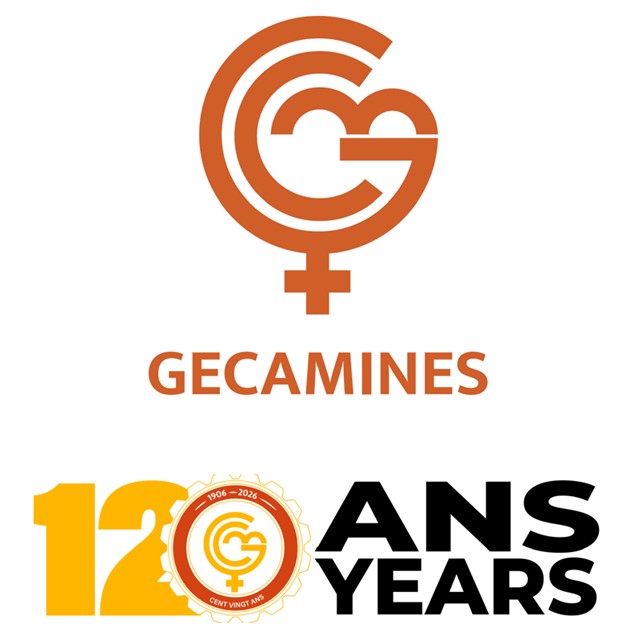


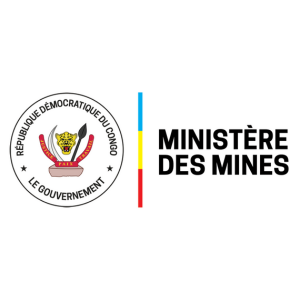

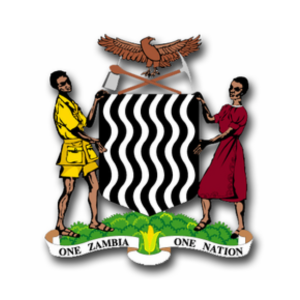

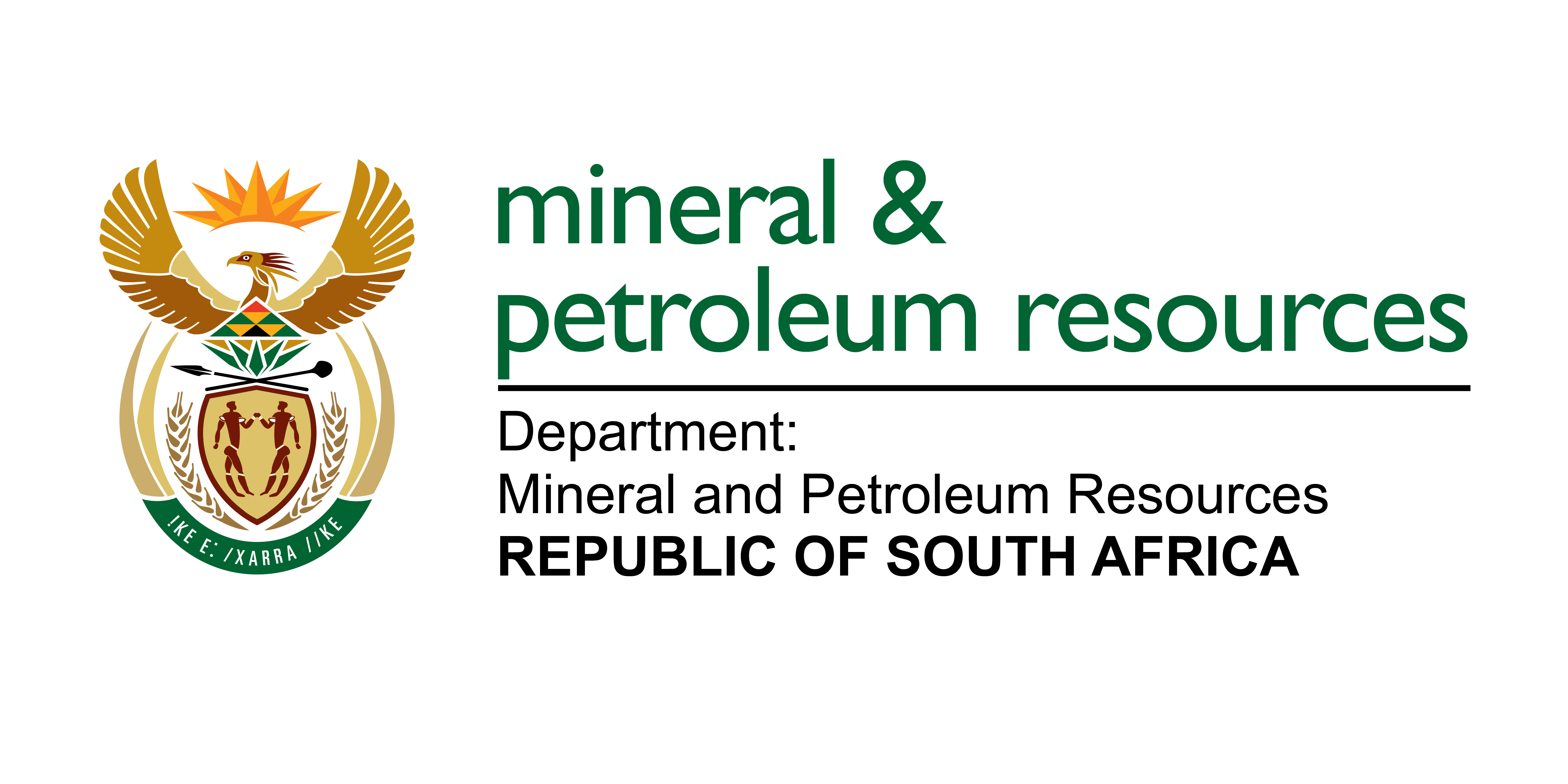-Logo_CMYK_1.jpg?width=1000&height=500&ext=.jpg)




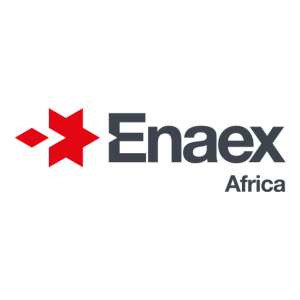






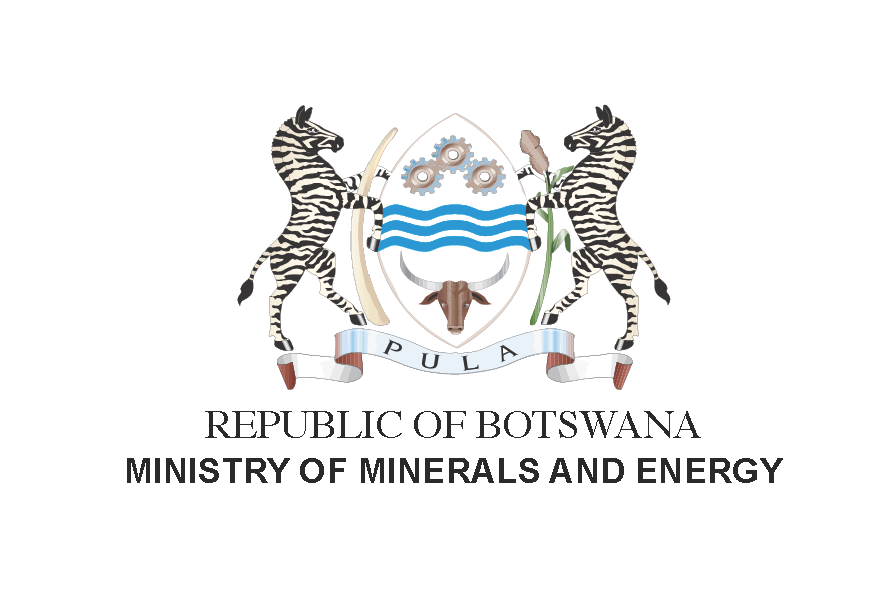.png?width=300&height=208&ext=.png)
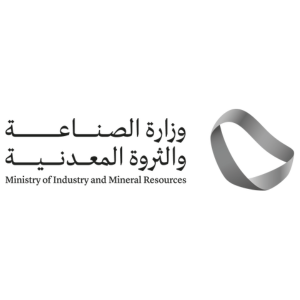
_mi25-weblogo.png?ext=.png)
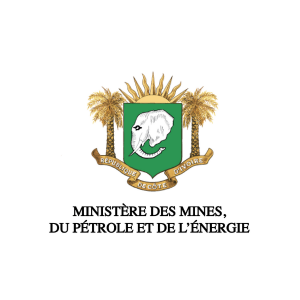
_1.png?ext=.png)
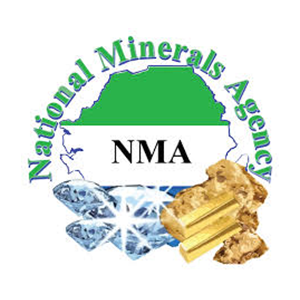





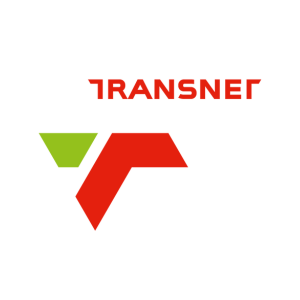












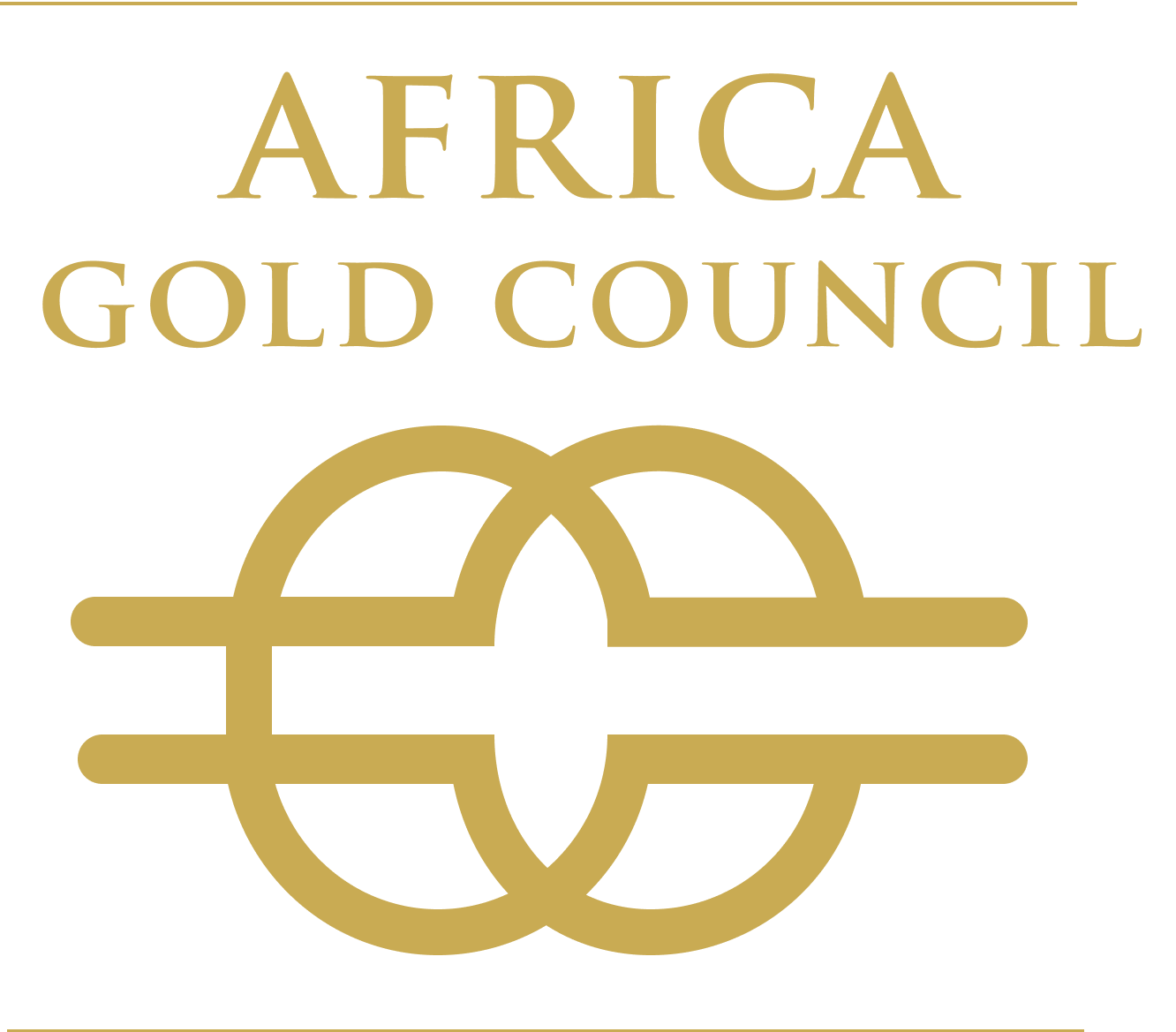














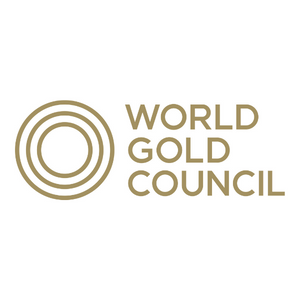
_logo.png?ext=.png)


_mi25-weblogo.png?ext=.png)




